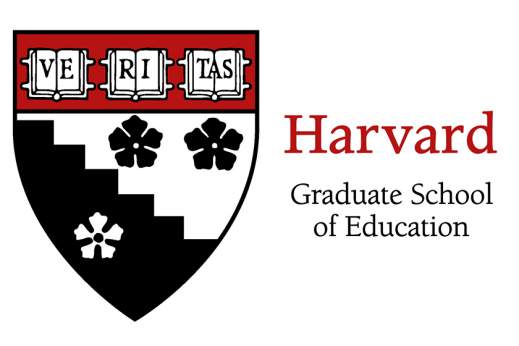Washington, DC – April 9, 2018 – IEL and the Harvard Graduate School of Education (HGSE) announce the 2018 Meade Fellows: Mark Kabban and Lance Huffman. The Meade Fellowship provides an opportunity for HGSE students to travel to Washington, D.C., visit leading education and related organizations, and meet with chief architects of change in education policy. The Fellowship was established in 1996 in honor of Edward J. Meade, Jr., who was instrumental in leading many educational reform initiatives for the Ford Foundation, including the establishment of IEL. The Fellowship provides an unparalleled opportunity to interact with policy “doers and thinkers, as well as critics and advocates.” Betty Hale, Ed. M. 1975
Mark Kabban: Supports Immigrant and Refugee Youth
Mark Kabban has spent the majority of his career working with immigrant and refugee youth in various capacities. He began as a refugee case manager in San Diego, California and later found his own organization called Yalla SD. Their mission is to strengthen the social cohesion of refugee youth in the US. Yalla has served approximately 2,500 students—88% of whom have been accepted into universities and 60% of whom pursued STEM majors in college. Mark was recognized by CNN Heroes 2012 as an International Hero for founding Yalla.
“Most refugee families in the US still believe in the promise that an American public education is the first critical stepping stone towards acclimating to American life,” said Mark. “The current narrative of fear around refugees however, reinforced by some of our countries most influential and high-ranking public servants governors, mayors, city councils, and teachers has made schools increasingly susceptible to anti-refugee and Islamophobic prejudice.”
Mark applied for the Meade Fellowship in order to explore how policymakers and educators can work together with refugee families, and their advocates, to intentionally design academic, social-emotional, and culturally responsive supports for our nation’s newest Americans. He wants to explore how different agencies can work more collaboratively to create some of the policy and conditions that impact refugee families once they arrive to the country.
Lance Huffman: Advocates for Teacher Voice
Lance Huffman has spent his career teaching in Arizona for nineteen years surrounded by great teachers that are committed to their students. Lance understands the transformative power that caring adults have on a child. As Lance continues his career in teaching and advocacy, he is interested on how the teaching crisis in the United States will be solved.
“I have existed professionally between the worlds of teacher advocacy typically through union membership and leadership and managing for change” said Lance. This has created a tension for me, and within me, that has been a challenge to navigate.” Lance believe these problems of teacher professionalism, teacher talent pipelines, and the changing needs of our students can be solved. However, they will need changes in mindsets by many different interest groups.
“Both candidates exemplify the spirit of the Meade Fellowship – bridging research, policy, and practice to enact real change in our communities, as well as to lift voices that have been traditionally marginalized in the policy discourse,” noted Helen Janc Malone, Director of Institutional Advancement and Education Policy (HGSE Ed.D. ’13)
Dr. Johan E. Uvin, President of the Institute for Educational Leadership added: “The 2018 Meade Fellowships will create the opportunity for Mr. Kabban and Mr. Huffman to inject immigrant and refugee and teachers’ voices and issues in their interactions with the organizations and individual policy leaders who are central to the national education public policy discourse.” (HGSE Ed.D. 2003).
About the Institute for Educational Leadership
For a half-century, the Institute for Educational Leadership has championed the need for leaders at all levels to shake off their institutional constraints and work across boundaries to address the needs of young people and their families. Bound by no constituency, IEL serves as a catalyst that helps policymakers, administrators, and practitioners at all levels to bridge bureaucratic silos and undo gridlock to improve outcomes for all young people and their families. The work of IEL focuses on three pillars required for young people and their communities to succeed: involving the broader community with public education to support the learning and development of young people; building more effective pathways into the workforce for all young people and supporting the transition to adulthood; and preparing generations of leaders with the know-how to drive collaborative efforts at all levels.
###
